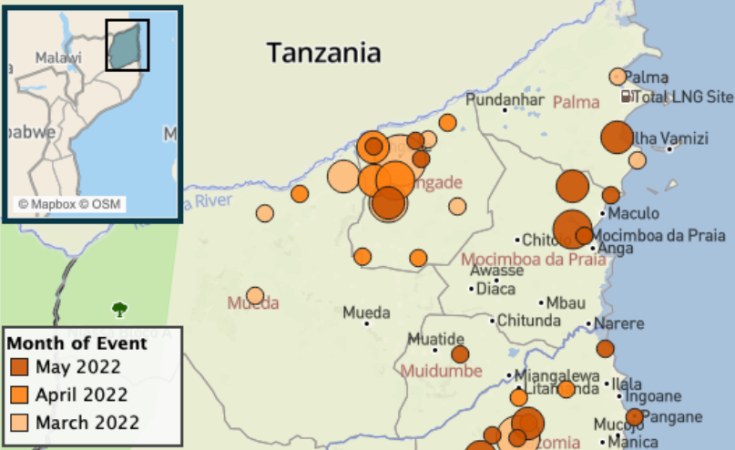Maputo — The Mozambican government favours continuous joint approaches in the fight against the terrorism that is plaguing several African countries, recognizing that this phenomenon constitutes a major threat to the well-being of states and individual.
This position was expressed on Saturday by the Mozambican Prime Minister, Adriano Maleiane, at a Summit of Heads of State and Government of the African Union on Terrorism and Unconstitutional Changes of Governments in Africa, held in Malabo, capital of Equatorial Guinea.
"This global phenomenon challenges the capacity of our states at the individual and collective level to deal with this complex matter, both in terms of military response as well as humanitarian assistance", said Maleiane.
The phenomenon, explained Maleiane, is one of the growing threats on the continent and is tending to reach alarming proportions, both from the point of view of its geographical expansion as well as the intensity of the acts carried out by terrorist groups, bringing inevitable humanitarian crises.
"Therefore, we defend the need to strengthen the mechanisms that allow the adoption of joint approaches to better face, internally, regionally, continentally and internationally, this threat of a transnational nature", he said.
In Mozambique, the fight against terrorist acts in some parts of the northern province of Cabo Delgado since October 2017 has been challenging the government to combine military actions, humanitarian assistance, post-conflict reconstruction and development.
The terrorist attacks have already caused the deaths of more than 3,100 people and have displaced more than 850,000 people.
Maleiane said that Mozambique is benefitting from multiform support and assistance from the international community.
In the military dimension specifically, the support of the Southern African Development Community (SADC) and of Rwanda stands out. Maleiane said this enshrines the principle of "African solutions to African problems".
The Prime Minister said that, thanks to this support, the government has been registering significant progress that is allowing the gradual return of populations to their areas of origin.
Speaking about the unconstitutional changes of governments in the continent, Maleiane noted that "in March 2022 we signed the 'Accra Declaration' agreeing to strongly condemn all forms of unconstitutional changes of governments in Africa, with emphasis on rebutting military coups".
"We reaffirm Mozambique's commitment to continue implementing the instruments adopted at the continental, regional and national levels leading to the strengthening of democratic institutions and guaranteeing the democratic transfer of power", he added.
He stressed that terrorism and unconstitutional changes of governments are factors that have contributed to politico-military, economic and social instability and consequently humanitarian crises in Africa.


